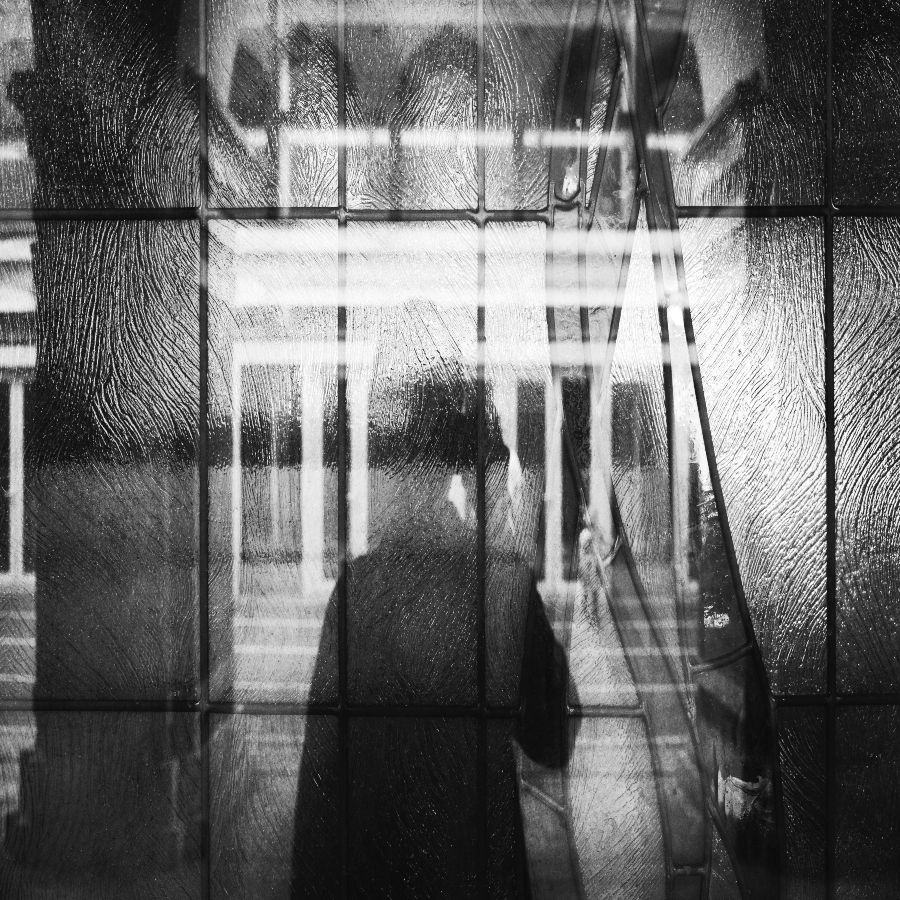I found the development in the final section of this story genuinely frightening—a dark fantasy in which the element of fantasy is so mysterious that you barely perceive the darkness until, in a glimpse of blood and teeth, it overpowers the page. Judge Kevin Brockmeier
Her chest is as tight as a rosebud, as she listens for the delivery mice in the dark, the soft skitter of their feet on the kitchen floor as they drop off last night’s collection.
For this to work, they need to be perfect. Gleaming. Unblemished. The fresher, the better.
Of course, she tried the traditional ways first. Countless mucking men in her bed. Loose, easy pulls, over and over: Ned, from HR. Steve, from high school. Anyone she could lure up from the bar downstairs. Wisps of online hookups. All of them, depository shadows leaving nothing behind but laundry and a thinning hope.
Barren didn’t change what she wanted. Or the human inside her, grown desperate.
She thinks about the still-sleeping children, new gaps in their smiles, as they wait for the morning to see what she has left them under their pillows—although the mice do all the work now, in exchange for all they can eat.
She thinks about pancakes and pizzas. Christmas and birthdays. Swings at the park and summer night strolls. Warm, even breaths. Small hands to hold.
When she is sure the mice have gone, she retrieves the delivery bags, scatters the contents on the counter like dice. She runs her fingertips over the jagged edges, searching.
Bone magic was finicky—for good reason. Risky even with the fae in her blood, and she holds them up to the light when she finds them: two perfect pulled wisdom teeth. She turns them in her palms, checks for stains, scars, divots, cavities, anything that might send an old spell awry.
Satisfied, she presses the teeth into the loose, dark loam of the terra-cotta pot, whispers prayers she knows she shouldn’t.
Her heart opens wide like a mouth.
*
In the day, she puts the pot on her sunny window sill.
In the night, she hides it away from the mice, in a box beneath her bed.
*
After ten days, the first white emerges, two pale crests of bone, no bigger than pumpkin seeds. Something inside her own belly warms, and she wants to brush away the flecks, slip her fingers gently beneath the ground to warm it, to cradle what she knows is now growing.
She thanks long nameless gods instead, wonders what she must give, if the old mores are true.
In the day, she puts the pot in the sun.
At night, in the box, safe and sound.
*
One month and the first of the transplants, full arches of spines sticking up from the ground.
Two months and most of their bodies are out, sitting upright, chins tucked between knees. A thin layer of skin coats them both, glistening, translucent like milk. Veins, blood, organs pulse.
Three months and it’s a boy and a girl, she can see. Their hands are still roots underground. Their ears: soft whorls, flushed pink.
She fights the urge to lift the heads and see.
At night, before bed, she sings.
*
It is almost morning and too soon, she knows, when the wet squeal wakes her from the pale.
She turns on the light. Her pulse fills her ears.
On the carpet next to the bed, the box is overturned, ruined and bent, terra-cotta broken and spilled. A trail leads to the bathroom: of blood, perlite, mouse heads, mouse tails, fingernails, and dirt.
Acid licks up the fist of her throat, as she leaps to her feet and runs to the bathroom.
She knew there would be differences between a bone child and a human. She knew, but still folds herself over the sink and vomits into the porcelain.
What she sees, sitting upright on the tile, is a baby boy—her baby boy—strong and plump and smeared with blood. In his mouth, he crunches something, working his jaw from side to side, chewing with a full set of teeth. They are sharp and long and barely fit in his mouth. In his hands, he tugs at the mangled body of a mouse, rips a leg off with ease while she watches. When he coos up at her, and smiles, a red slip of entrails drips out and down his chest.
She knows the answer, even as she asks herself: Where is my girl? She knows, as she yanks back the shower curtain. As she looks behind the door, in closets, under beds. When she picks up the box, sifts through the dirt.
Back in the bathroom, the mouse is gone, and the boy is a mess of crimson. He crawls towards her, leaving a smear of blood on the tile behind.
She looks at herself in the mirror, as the boy tugs on her leg and tries to stand. Her pale, crow-scratched skin. Red hair with strands of glittering gray. She could be a new mother, flustered and frayed. A long day gone, and a long night ahead.
In the bath, she carefully cups soapy water over his head, washing the blood from his skin. His eyes are clear and brown, like hers. His hair, too, floating licks of red.
When she dries him off after, with a big fluffy towel—when she hums the old songs, starts to file his teeth, sways the dance all mothers seem to know—her heart could be a bird in her chest. A flower unfolding to the sun.

